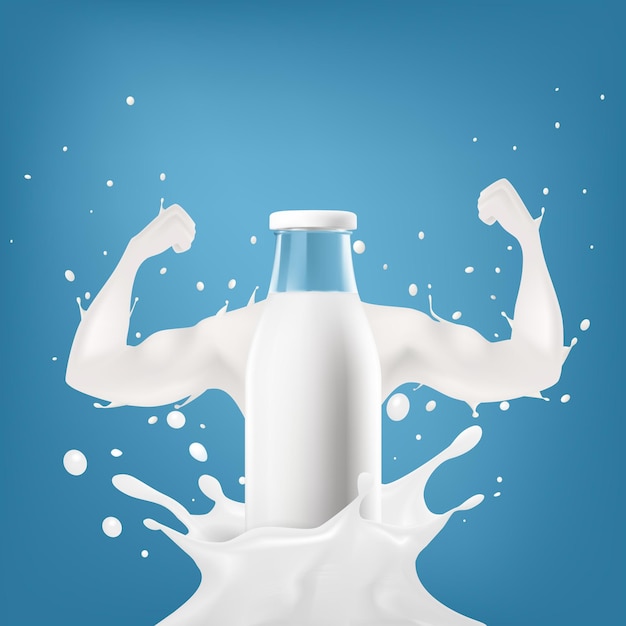Calcium-Rich Vegetables for a Vegan Diet
Just like vitamin B12, which is typically found in meat, calcium is often considered difficult to obtain from a vegan diet. However, there’s good news for everyone—vegans, vegetarians, and meat-eaters alike. Many vegetables are rich in calcium and offer a range of other health benefits. Here are some vegetables that provide a substantial amount of calcium:
Kale
Kale is an excellent source of calcium, offering about 139mg per 100g serving. The calcium in kale is highly absorbable, and this leafy green also boasts over 45 different flavonoids, providing powerful antioxidant benefits.
Collard Greens
Collard greens are another fantastic option, high in calcium with 357mg per cup, which is 35% of the daily value. This makes them a great addition to any diet.
Broccoli
Broccoli not only contains 74mg of calcium per cup but also offers a host of other nutrients, including vitamin C, vitamin K, vitamin A, folate, and dietary fiber. It’s a nutrient-packed vegetable that supports overall health.
Kelp
Kelp is rich in calcium, with about 136mg per cup. In addition to calcium, it also provides significant amounts of potassium and iodine, contributing to a well-rounded nutritional profile.
Spinach
Spinach is a highly nutritious green vegetable containing about 56mg of calcium per cup. A 100g serving of spinach offers approximately 145mg of calcium. Besides calcium, spinach is packed with vitamin C, vitamin A, manganese, and a large dose of vitamin K, making it a vital part of diets worldwide.
Soybeans
Soybeans offer about 175mg of calcium per cup. However, it’s important to note that soybeans are often genetically modified. To ensure you’re getting the healthiest option, always choose 100% organic soybeans.
While these vegetables are excellent sources of calcium, they are not the only ones. Numerous other vegetables and even fruits can help you meet your daily calcium needs, whether you follow a vegan, vegetarian, or omnivorous diet.
Do Calcium Supplements Work?
Supplementing your diet with calcium can also be beneficial, but it’s crucial to choose the right type of supplement. Avoid the chalky calcium supplements you might find at convenience stores. Since magnesium is essential for calcium absorption, look for a supplement that includes both. I recommend IntraCal, which combines calcium orotate and magnesium orotate in an easy-to-swallow Kosher-certified vegetarian capsule. This combination makes for the most bioavailable calcium supplement available on the market.

